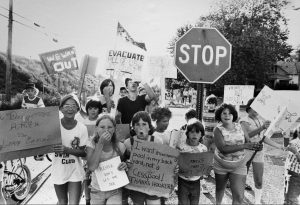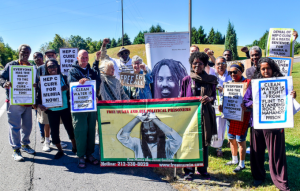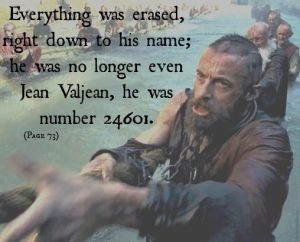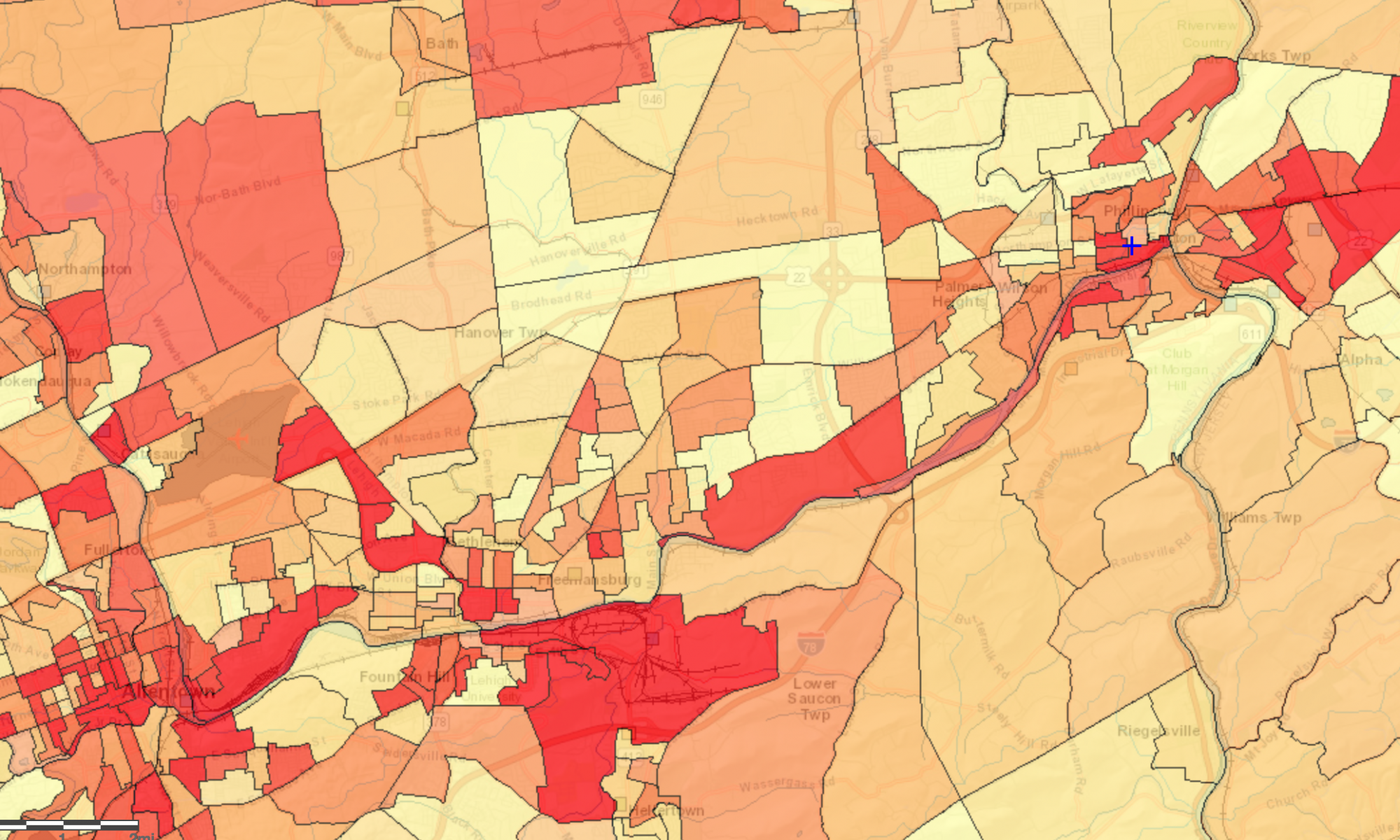The Trinity of Environmental Injustice
The cases of SCI Frackville and Mahanoy inarguably possess a variety of moving pieces, thus, it is important to remember that at its core, we at the LEJI and the advocates for these prisoner rights are fighting a very blatant environmental injustice. As previously stated, environmental justice can be defined as “the fair treatment and meaningful involvement of all people regardless of race, color, national origin, or income with respect to the development, implementation, and enforcement of environmental laws, regulations, and policies.” Even when we input prisoners to fit the description, looking at the case of water contamination in the prisons, we see a clear violation with respect to the development and enforcement of environmental laws. Overall, there is the clear infringement of rights in regard to distributive justice, procedural justice, and recognitional justice.
Distributive Justice is the idea of the equitable allocations of goods or benefits in a society. For example, on the more applicable ‘meta’ level of distributive justice, a company may produce a good that they and the general public prosper from; however, it comes at the expense of a marginalized group suffering the harms or external costs of said benefit. It is true that, in the case of Frackville and Mahanoy, the cause of the water pollution is unknown. To reiterate, it is either coming from acid mine drainage from abandoned mines or the continual dumping of coal waste from the John B. Rich Memorial Power Station into Schuylkill River tributaries. In regard to the former, it is the responsibility of the forty plus mine companies between the middle 19th and 20th centuries to reclaim and remediate their abandoned anthracite coal mines. However, it is likely many of the companies are out of business and their previous owners are deceased. As such, the Pennsylvania government spends ~$19 million per year for mine reclamation; however, very few have actually been remediated due to

cost, liability, and lack of economic incentive (Aquatech, 2012). Similar to the injustice at Love Canal, communities like those in SCI Frackville and Mahanoy may be experiencing the environmental harms that they had no role in prompting. In a similar sense, if John B. Rich Memorial Power Station is the cause of the contamination due to incessant dumping in nearby reservoirs/tributaries, the burden should be on them to pay and remediate their damages. In a way, this presence of distributive justice begets a more minor case of distributive justice within the prison walls. Guards and officials of the prisons may not be responsible for the contaminated water, yet they are in control of what water is distributed to the inmates. If the tap water is not clean enough for the officials who, as previously mentioned, have numerous case of bottled water, then inmates should be granted access to free bottled water as a temporary solution to the greater issue.
Procedural Justice is the idea of equal and equitable representation in respect to mediating disputes about the allocation of environmental goods or harms. There are usually two types of approaches that grassroots coalitions or communities use to achieve procedural justice: pluralistic and deliberative. However, this case of water contamination cannot be viewed through the same lens as, say, if a chemical company wanted to build a plant in a minority neighborhood. Whereas that community is utilizing their public participation provisions to oppose the plant location, those advocates in Frackville are simply fighting for water testing and clean water in the prisons. As such, from a pluralistic stance, protests outside the prisons and city hall have been effective in putting some pressure on the Dept. of Corrections to test the waters. However, according to one inmate, those who came to test the waters did not test it ‘on the block’ in the most volatile areas. Petitions are constantly being passed around the community to demand water retests; however,

they run the risk of losing traction if action is not immediately taken by those in places to take such action. There has been one public hearing regarding the freeing of Mumia Abu-Jamal and the addressing of clean water in prison; however, according to Joe Piette, the hearing ran out of time to address to the water issue. Nonetheless, similar to any environmental injustice, Frackville is still subject the potentiality of a single interest dominating decision-makers who would decide on the retesting of water. The sole reason the state decided to keep SCI Frackville open was because they did not want to see 400 jobs lost. In addition, it is likely the state would not address the John B. Rich Memorial Power Station because of the millions of dollars in taxes it brings each year and the tens of thousands of homes it supplies with electricity. With enough community backing, there remains hope that these protests and hearings can eventually more into a more deliberative space. To date, no deliberative actions have been taken. However, the community plans to reach out to academics and water professionals to more accurately represent their case in respect to technical knowledge and potential causation.
Overarching both ideas of distributive and procedural justice is recognitional justice. It is not as if the Environmental Protection Agency, the Pennsylvania Department of Environmental Protection, or the Department of Corrections is unaware of the water contamination at SCI Frackville and Mahanoy. However, reiterating the point of ‘why care about prisoners’, these organizations fail to see them as an integral party of everyday society. It may be true that inmates are not contributing members to society at the moment, but what good will ignoring their basic human rights do if, when they leave prison,they conceptualize the idea that

their state does not view them any more than they view animals? Even those representing the inmates, such as those advocates at the International Action Center, are slow to be considered simply because in the decision-maker’s eyes, they are representing something irrelevant to society or economic benefit. It is similar to the song “24601” in the famous play, Les Misérables, where the protagonist merely views himself as prisoner 24601, as opposed to a human being. With recognition of these inmates as humans will come action in respect to mediating the water crisis at SCI Fracvkille and Mahanoy.
